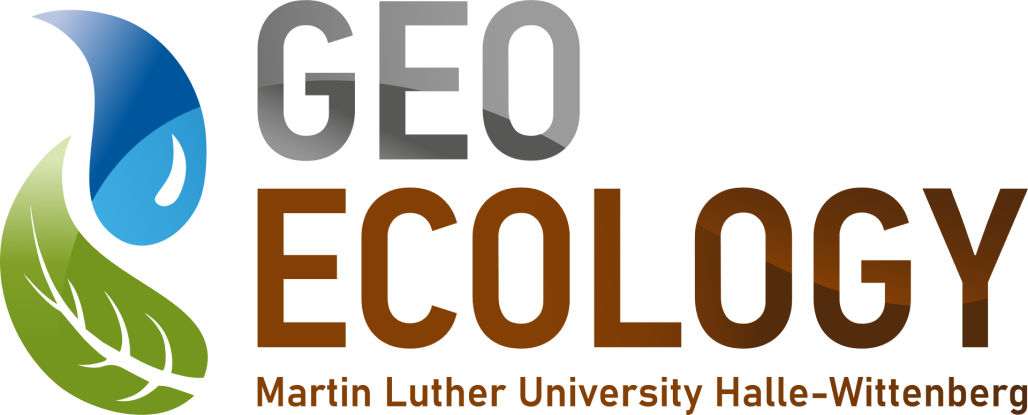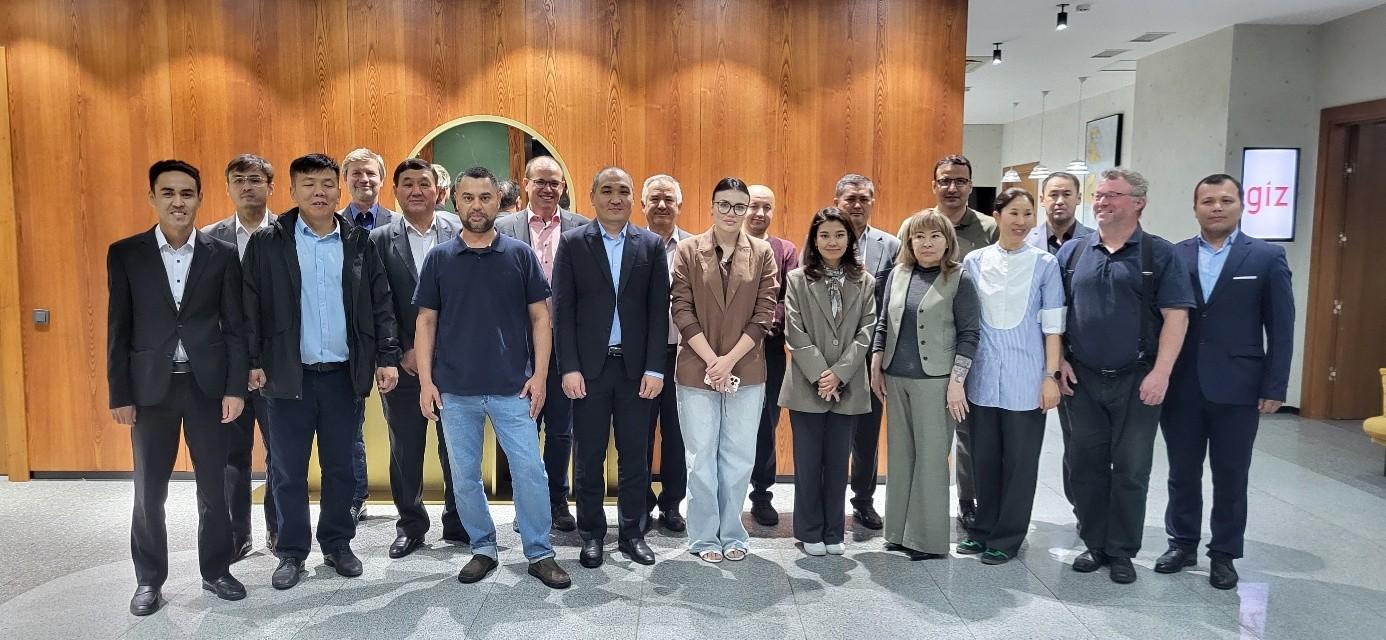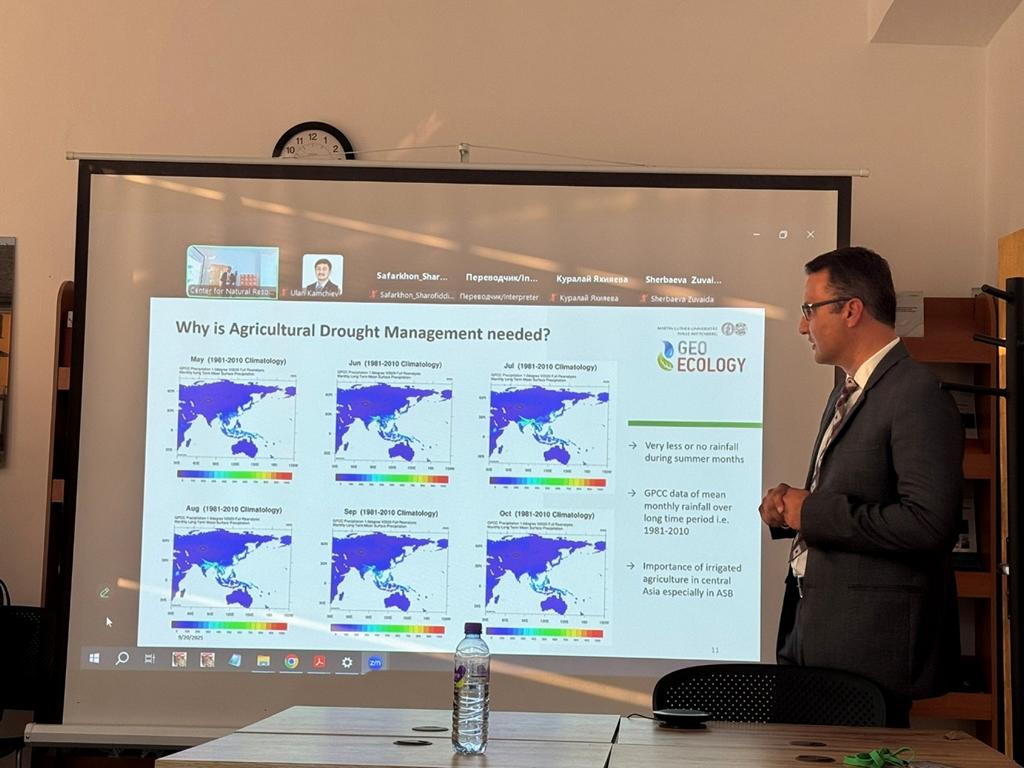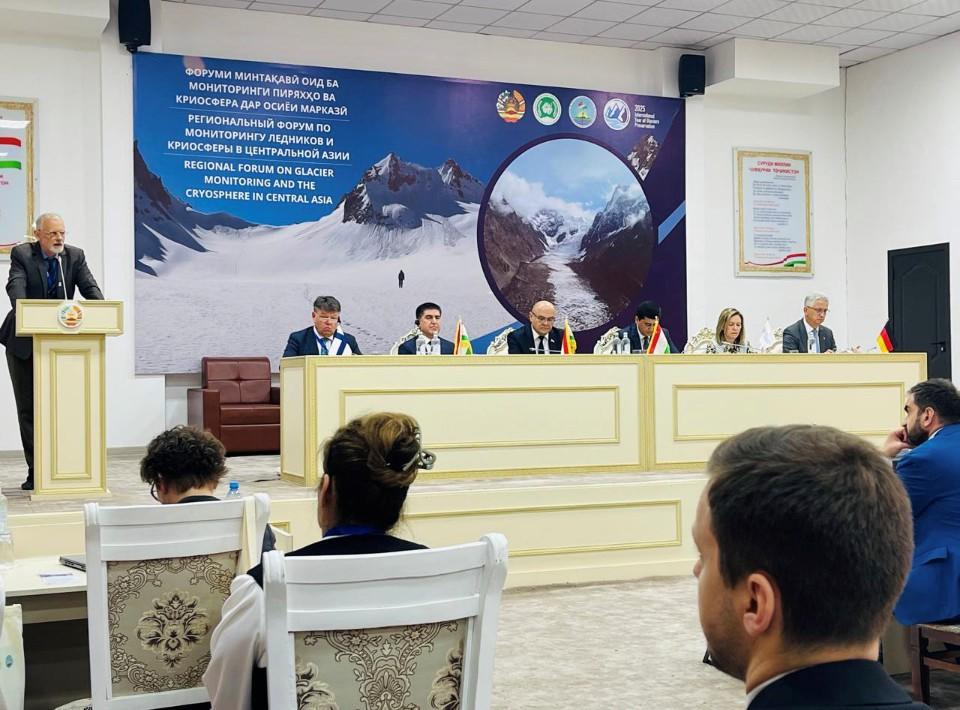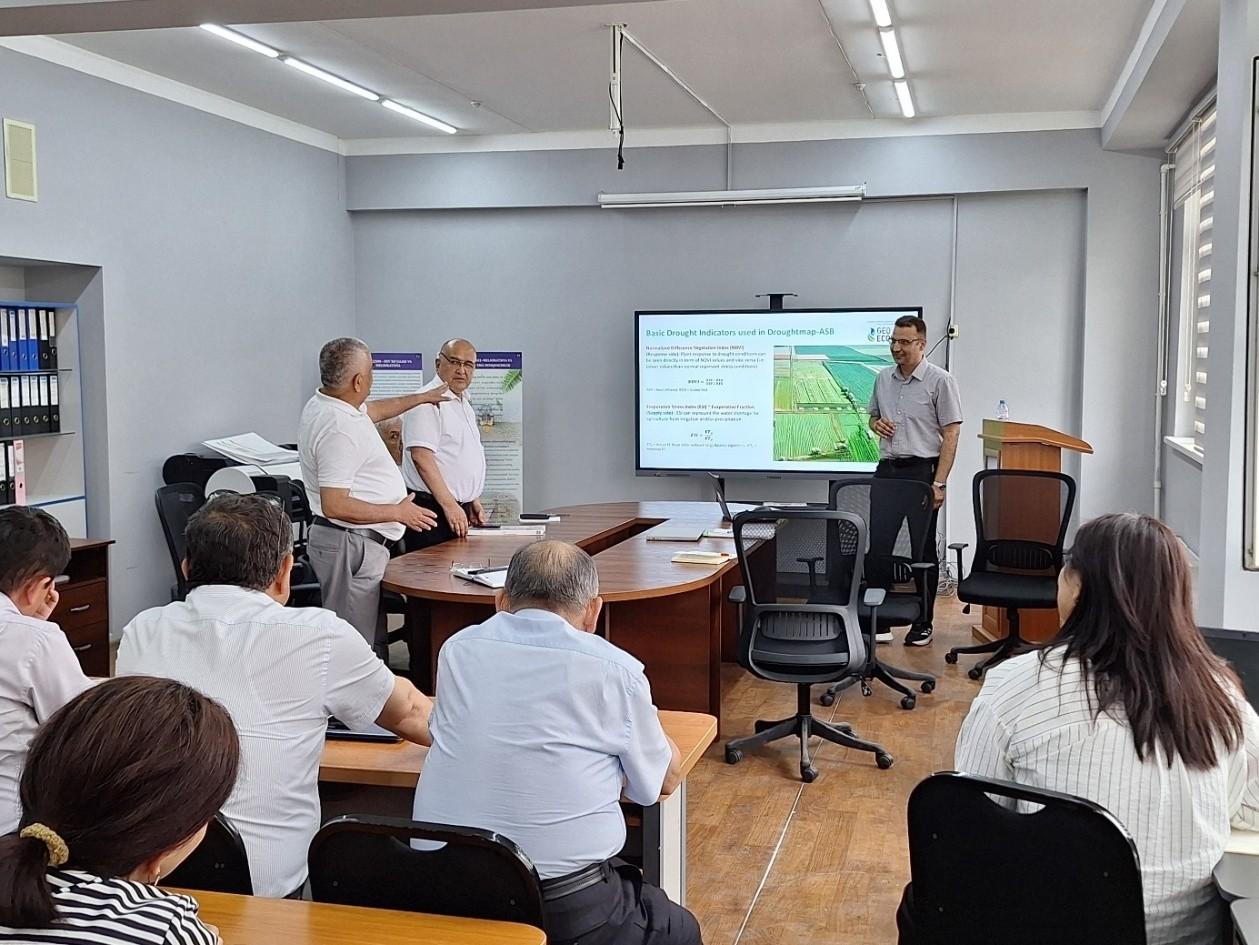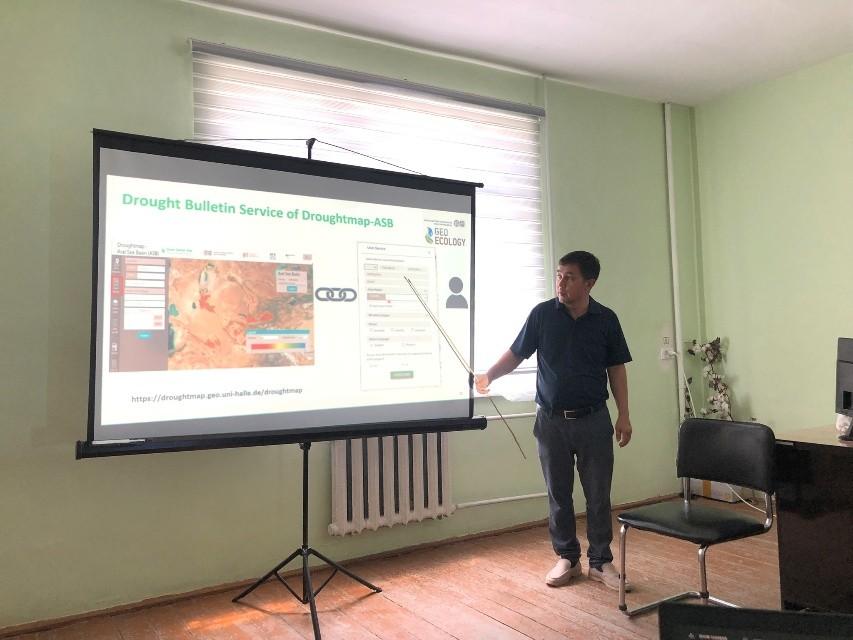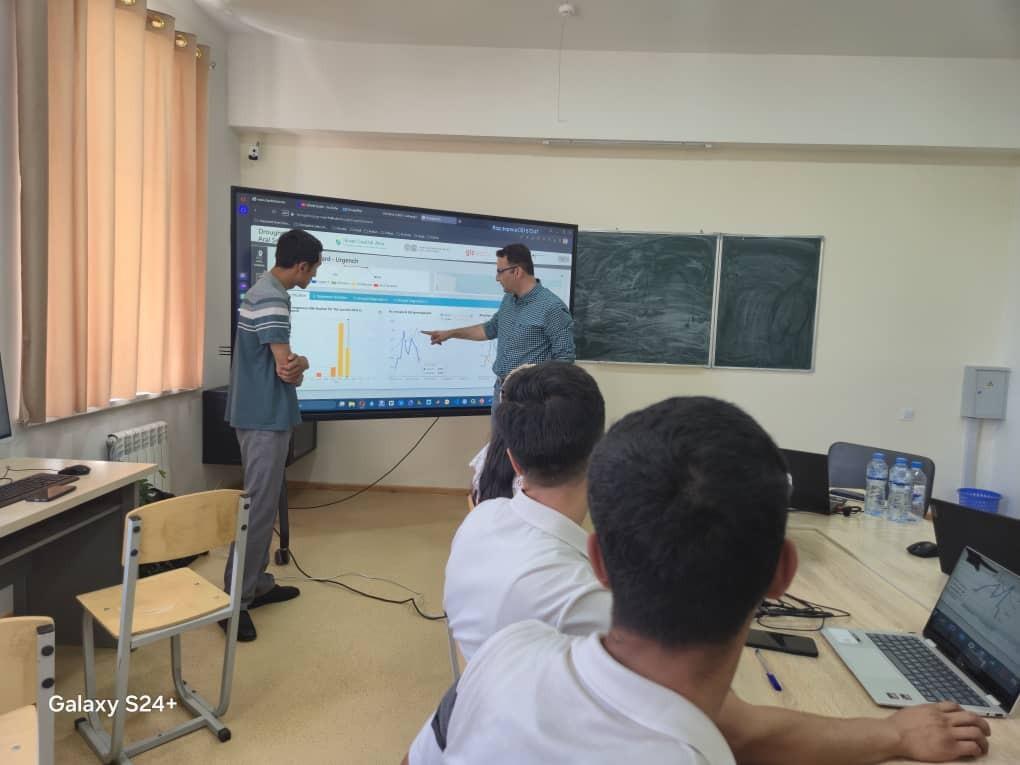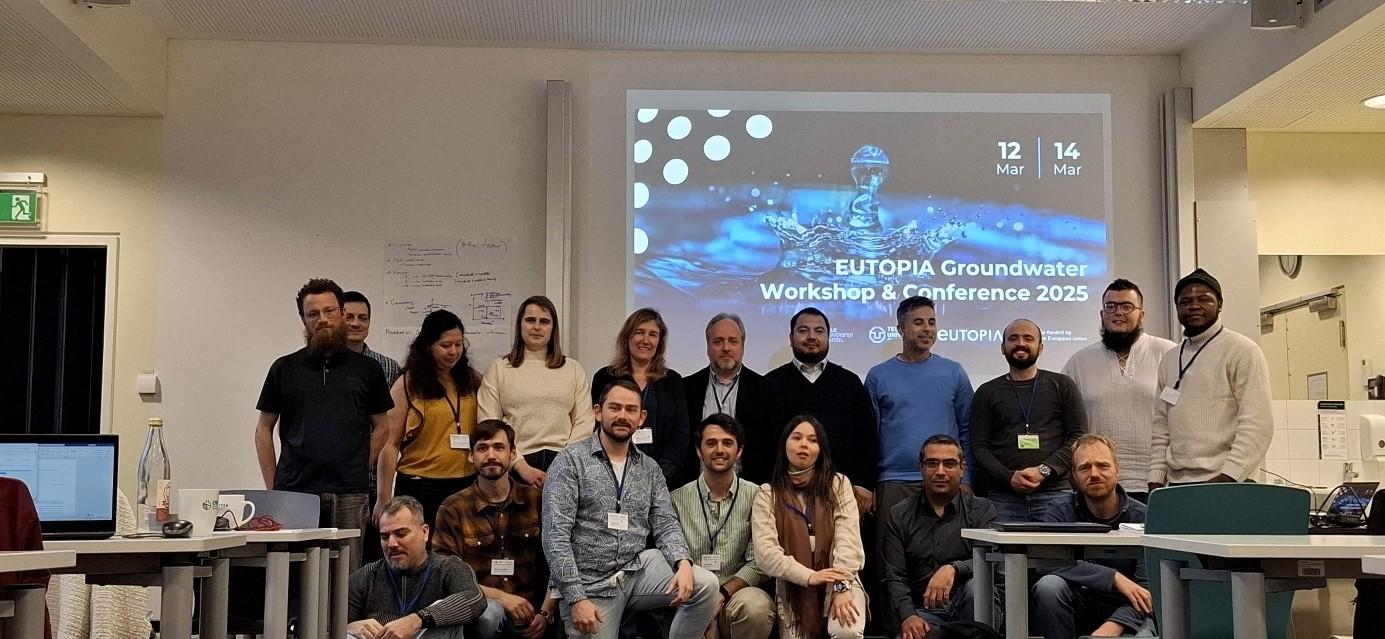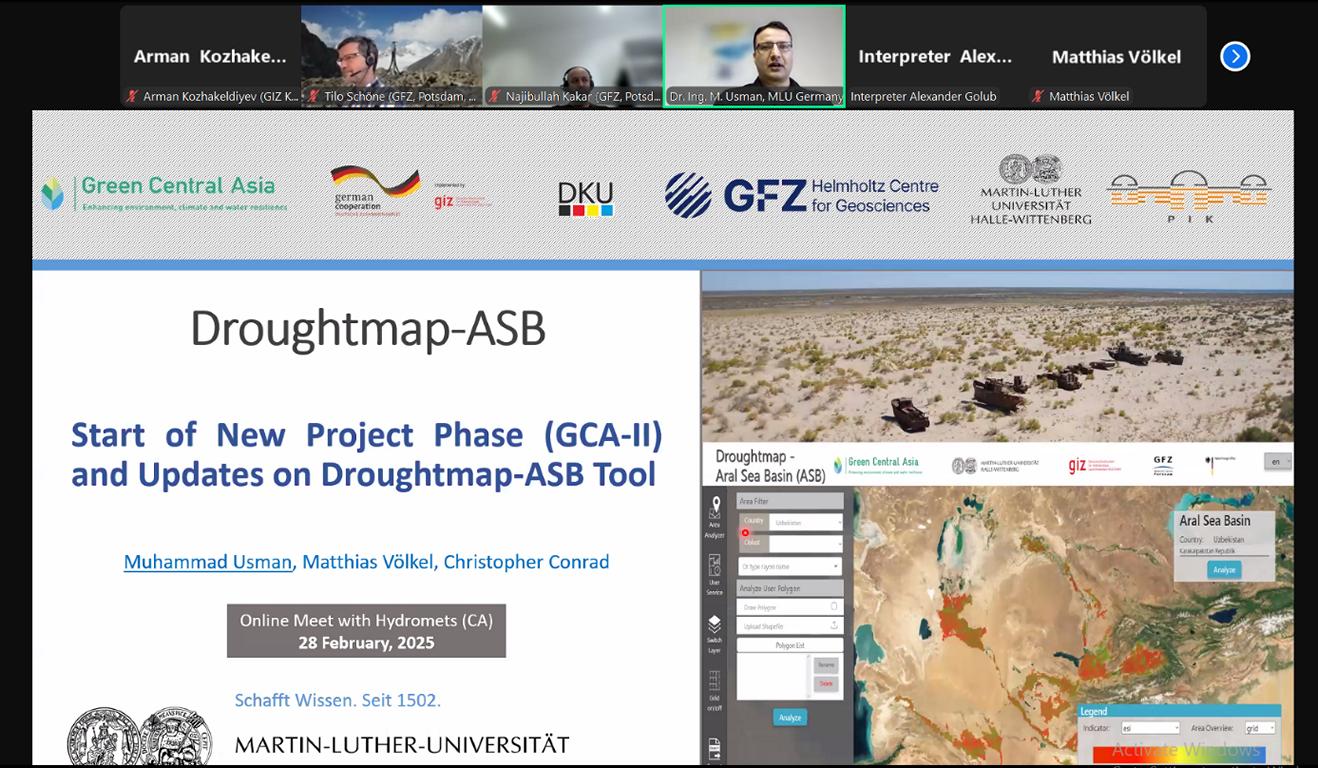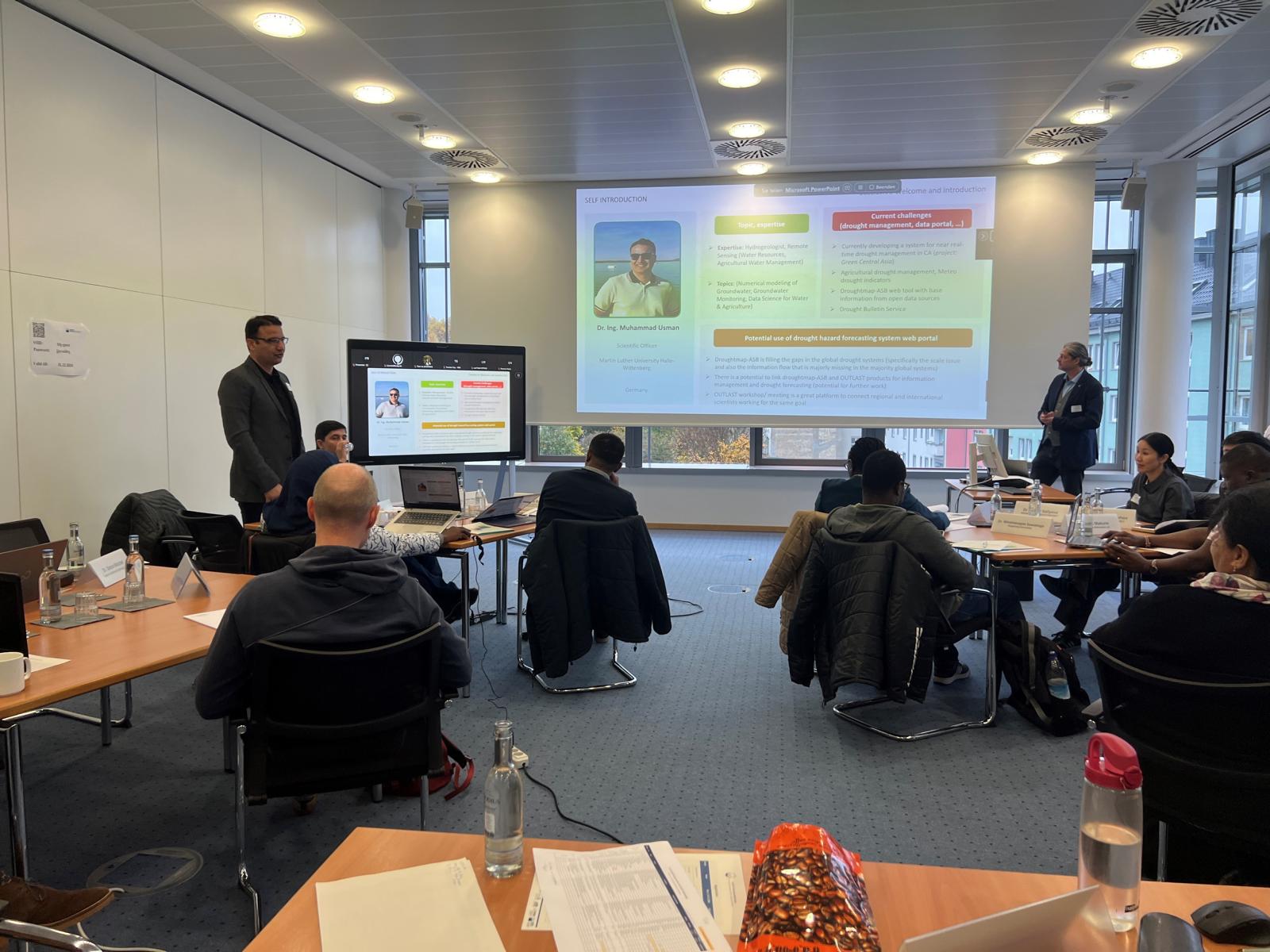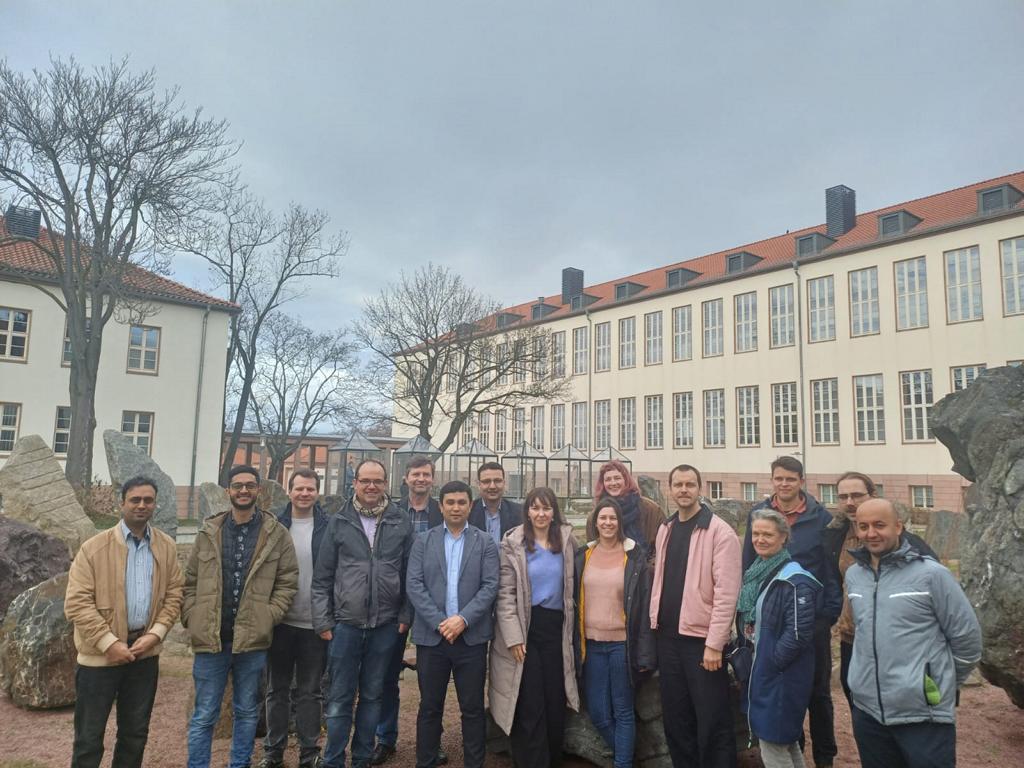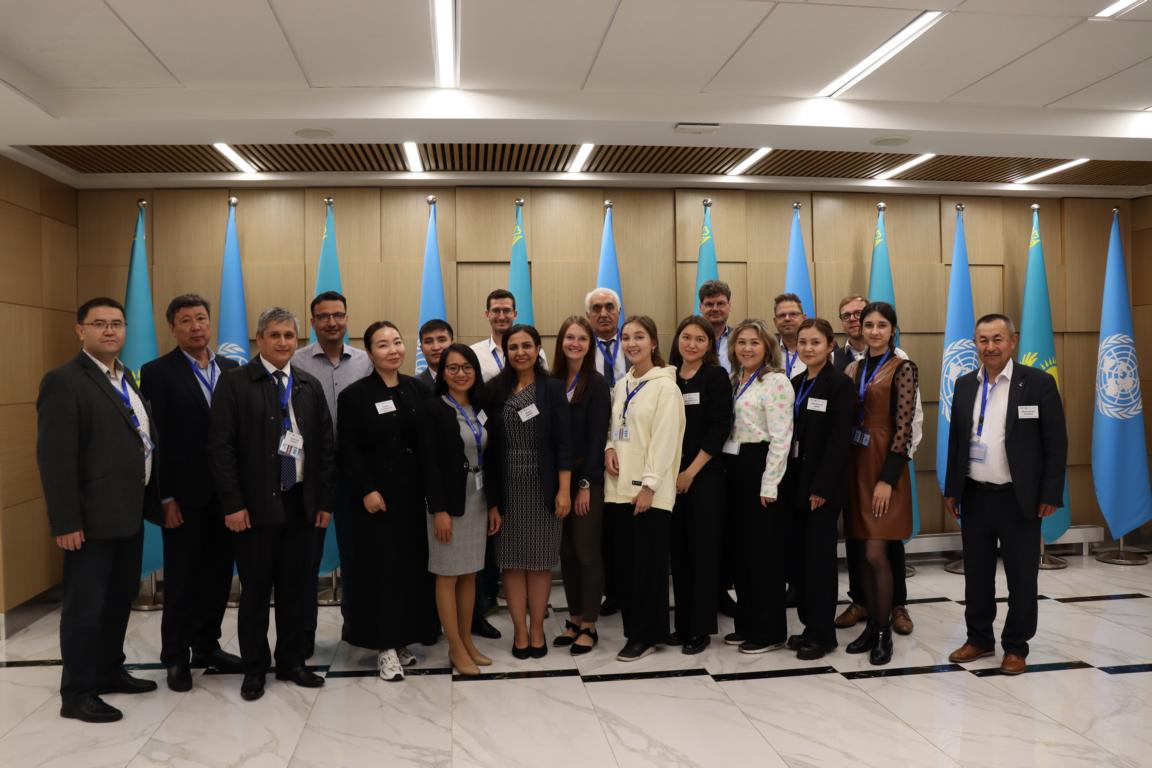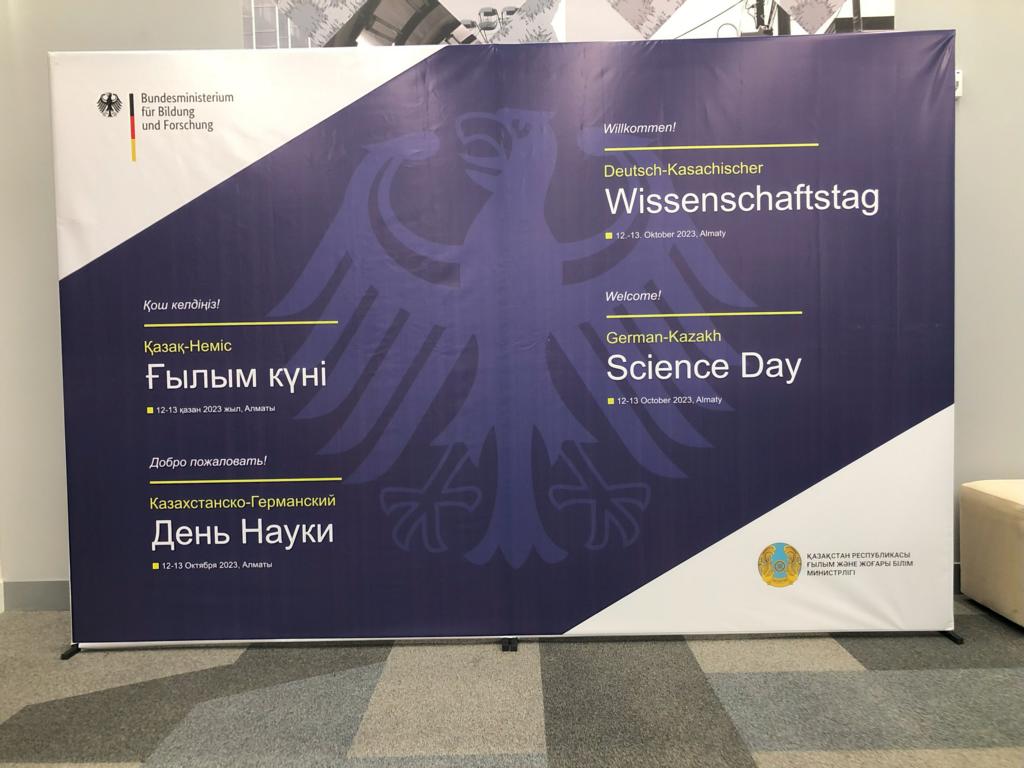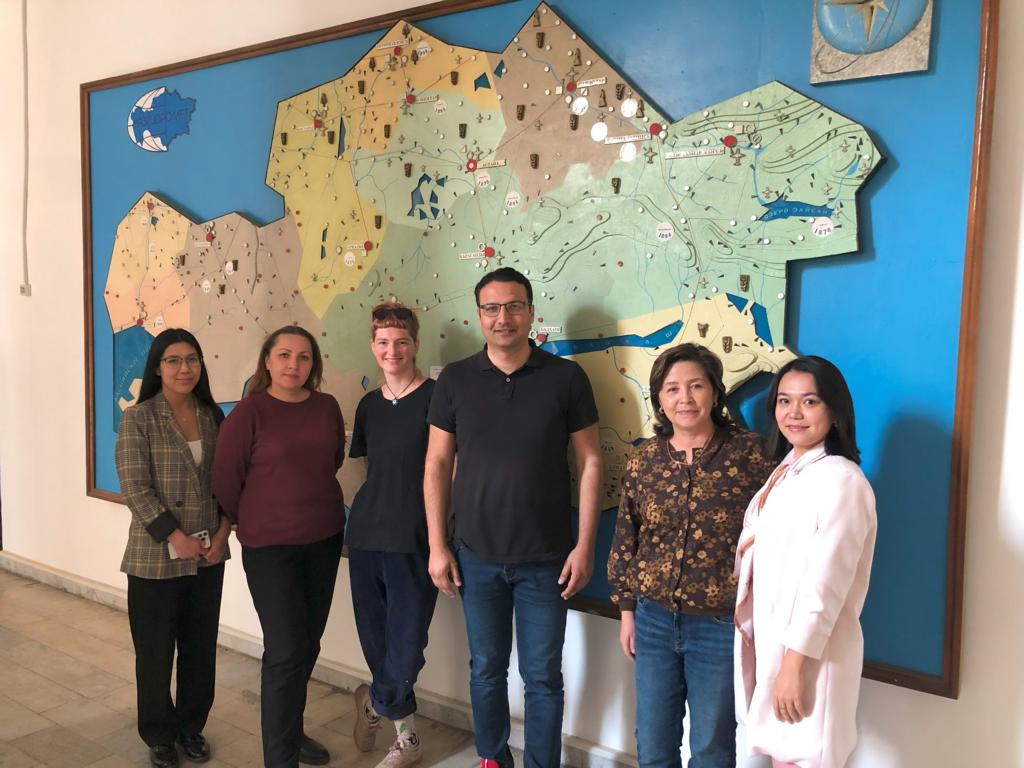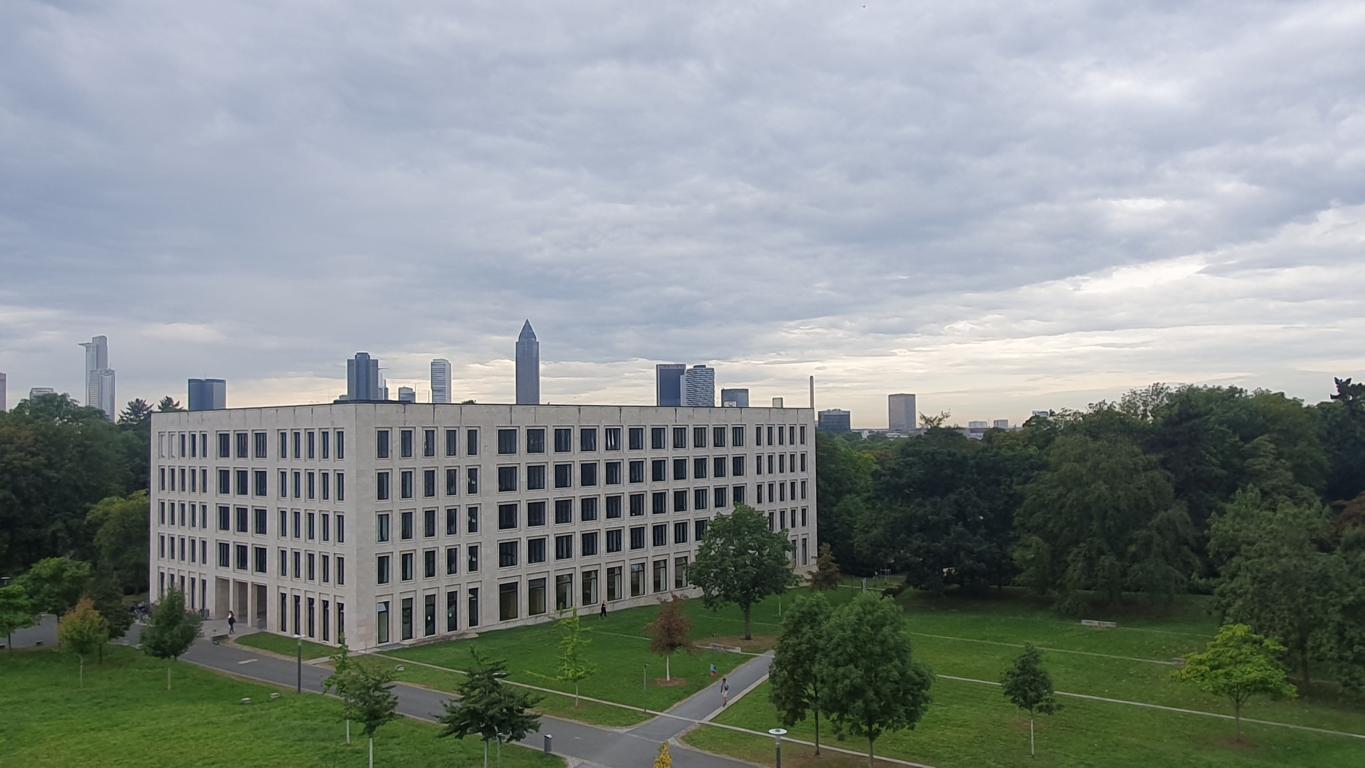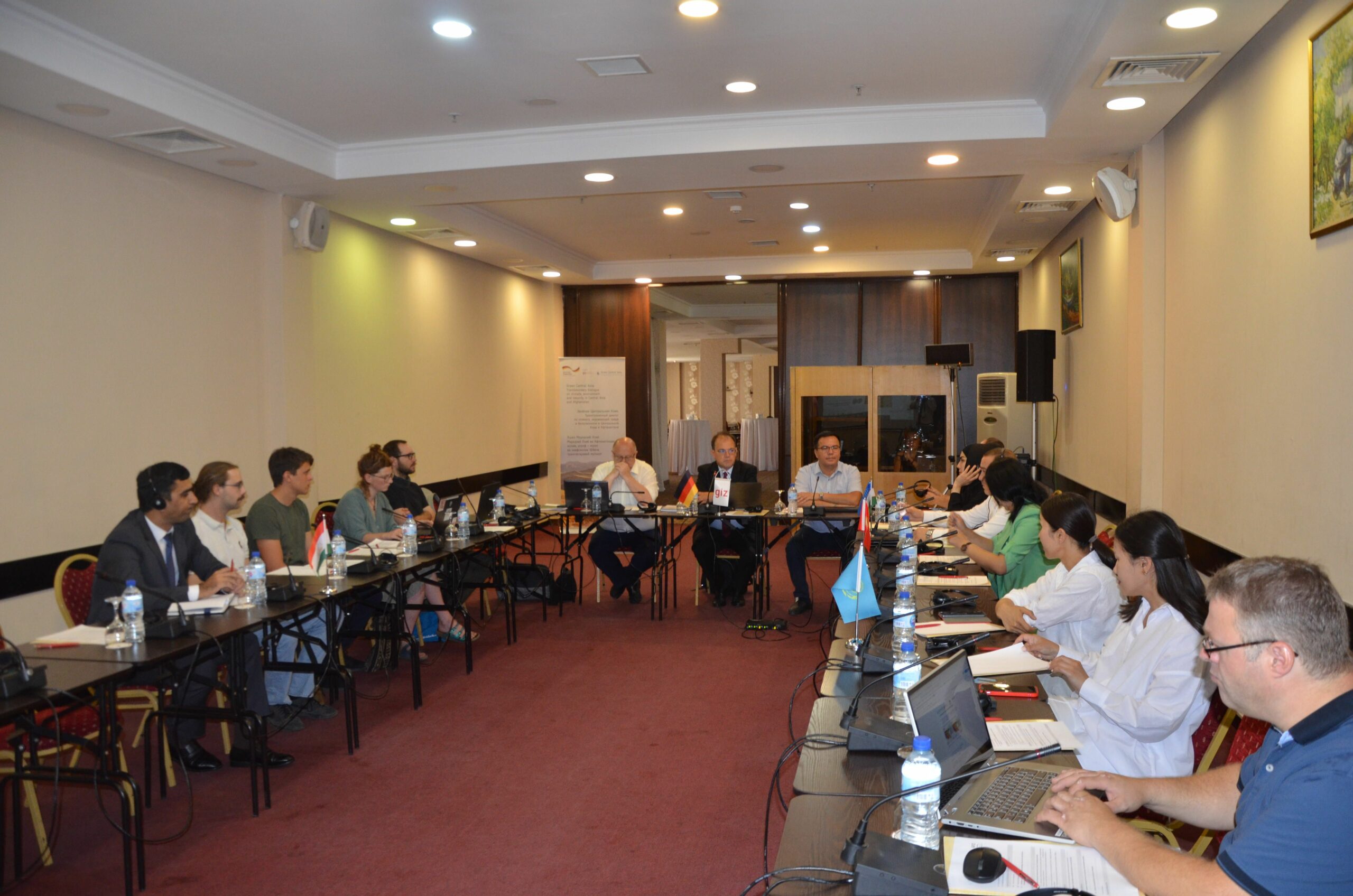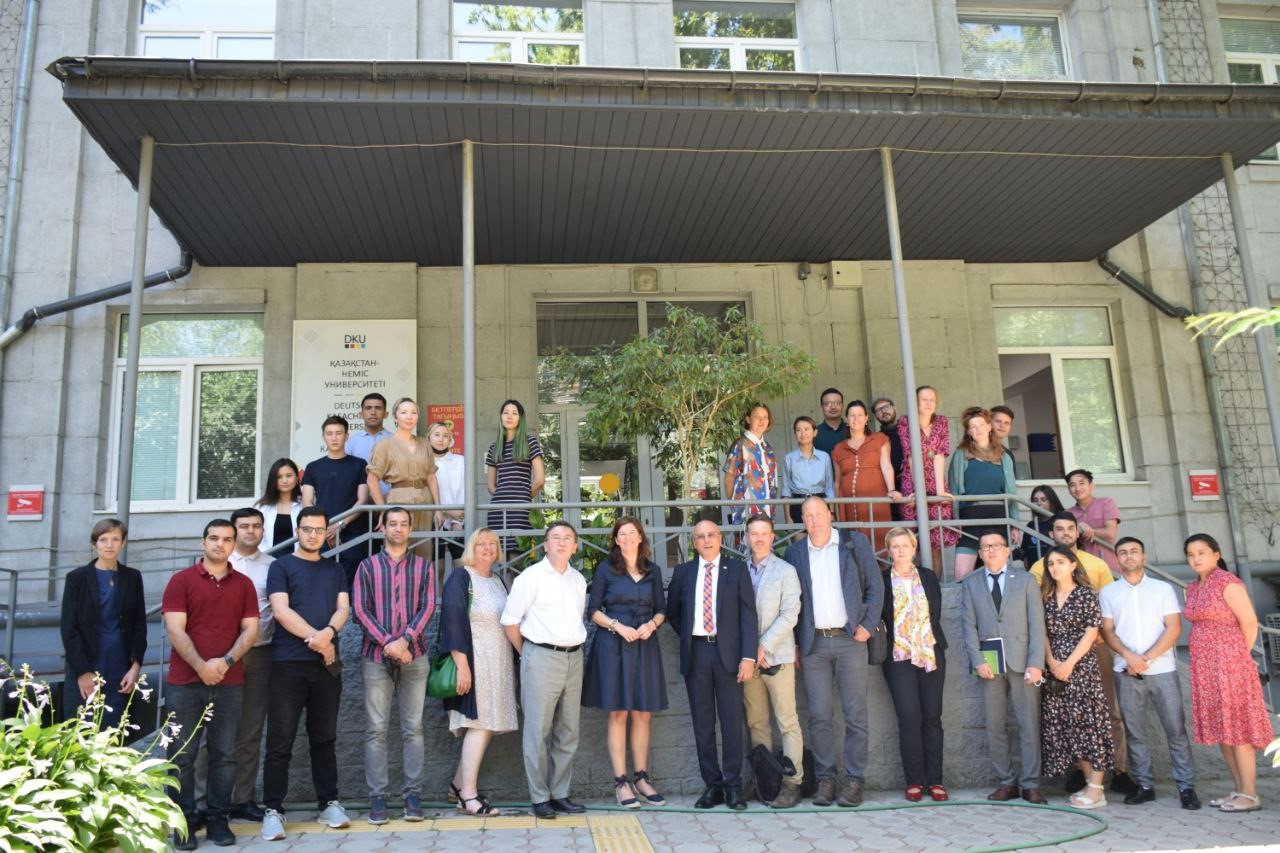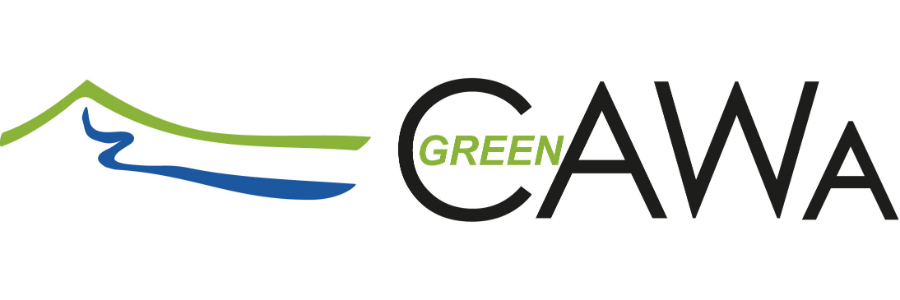Funded by the Federal Foreign Office of Germany, the CAWa-Green project in the “Green Central Asia Initiative” frame intends to contribute to a sound scientific and reliable regional data basis for the development of sustainable water management strategies in Central Asia. The CAWa-Green project established a consortium of leading German and Central Asian geoscientific research institutions to address these challenges. Partners from Central Asian universities and state agencies complement the network. The overarching objectives of the CAWa-Green project include, (i) Support informed decision-making in land and water management through transparent data sets (ii) Promote regional and trans-sectoral cooperation (iii) Strengthen professional and methodological capacities of specialists and researchers.
Sub-project leader:
Team:
Project partners:
- Deutsche Gesellschaft für Internationale Zusammenarbeit (GIZ)
- GeoForschungsZentrum (GFZ)
- Central Asia Institute for Applied Geosciences (CAIAG)
- Scientific Information Centre of the Interstate Commission on Water Coordination SIC ICWC
- Potsdam Institute for Cllimate Impact Research
Background and objectives:
- Central Asia, comprising Kazakhstan, Kyrgyzstan, Tajikistan, Turkmenistan, Uzbekistan and Afghanistan, is characterized by a highly continental semi-arid climate.
- Climate change and variability have substantial impact on water availability and thus present a major challenge for sustainable agricultural development and energy production.
- The project “Central Asian Water” (CAWa) was part of the German Water Initiative for Central Asia (“Berlin Process”) that was launched by the German Federal Foreign Office in 2008 at the “Water Unites” conference in Berlin.
- In 2020 a follow-up program “Green Central Asia” was launched in the frame of which the CAWa-Green project is being implemented.
Methodical approach:
The methodological approaches cover a broad range of water related applications, such as hydro-meteorological observations in high mountain regions, radar altimetry based monitoring of reservoir levels, remote sensing based estimation of land use, irrigation, potential crop yield, agricultural droughts, and snow cover and user-friendly algorithms for seasonal precipitation and runoff forecasts. It is our policy to make all data and methods freely accessible, some are already used by Central Asian partners and stakeholders and have been found to support decision making at the regional level.
Expected Results:
- Capacity building of partners countries
- Developing modern tool and methods for water resources and food security
- Solving transboundary water and environment issues through discussion and mutual cooperation
- Increasing cooperation among various stakeholders in the region for climate security
Videos:
